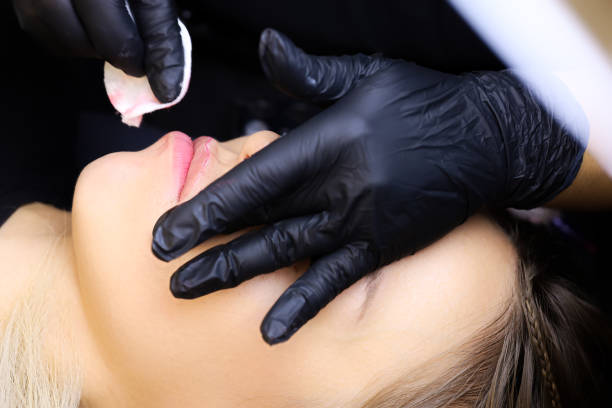Ladies, Let's Talk: The Unexpected Causes of Unwanted Facial and Body Hair

Ladies, Let's Talk: The Unexpected Causes of Unwanted Facial and Body Hair
Unwanted facial and body hair can be a source of frustration and embarrassment for many women. While we often associate excessive hair growth with genetics or hormonal imbalances, several unexpected causes may contribute to this issue. In this article, we delve into the lesser-known factors behind unwanted hair growth, shedding light on the topic and offering valuable insights. By understanding these causes, women can make informed decisions regarding their hair removal methods and seek appropriate treatments to address the root cause of the problem.
The Role of Hormones
Hormonal imbalances have long been recognized as one of the primary factors contributing to unwanted facial and body hair in women. Conditions such as polycystic ovary syndrome (PCOS) and adrenal disorders can cause an overproduction of androgens, the male hormones responsible for hair growth. However, it's important to note that hormonal imbalances are not the only cause. Other surprising factors can lead to unwanted hair growth.
5 Unexpected Factors Responsible for Hirsutism
Medications and Medical Conditions
Certain medications and medical conditions can also trigger unwanted hair growth in women. Medications like anabolic steroids, used for treating certain health conditions, can cause hormonal imbalances and excessive hair growth. Similarly, some medical conditions such as Cushing's syndrome and congenital adrenal hyperplasia can disrupt hormone levels and lead to unwanted hair growth. If you suspect that your medications or underlying medical condition might be contributing to your excess hair, consult with a healthcare professional for guidance.
Genetics and Ethnicity
Genetics and ethnicity play a significant role in determining the amount and distribution of body and facial hair. Some women naturally have more hair follicles or are more sensitive to androgen hormones, making them more prone to excessive hair growth. Ethnicity also plays a role, with women of Mediterranean, Middle Eastern, or South Asian descent being more likely to experience unwanted hair growth. Understanding the genetic and ethnic factors involved can help women develop realistic expectations and choose the most effective hair removal methods.
Stress
Our lifestyle choices and stress levels can impact our hair growth patterns. Chronic stress can disrupt hormone levels, which may lead to increased androgen production and subsequent hair growth. Adopting stress-management techniques and maintaining a healthy lifestyle can help regulate hormone levels and potentially reduce excess hair growth.
Environmental Factors
Environmental factors may also influence unwanted hair growth. Exposure to certain endocrine-disrupting chemicals found in pesticides, plastics, and personal care products may interfere with the body's hormonal balance and contribute to abnormal hair growth. While more research is needed in this area, it's advisable to minimize exposure to such chemicals by using natural, organic, and chemical-free products whenever possible.
Conclusion
Unwanted facial and body hair can have various unexpected causes beyond the commonly known hormonal imbalances. Exploring the role of hormones, medications, genetics, stress, and environmental factors, helps us gain a more comprehensive understanding of this issue. Women must know that they are not alone in facing this challenge, and there are treatment options available to address the root causes of unwanted hair growth. Consulting with healthcare professionals and dermatologists can help determine the most suitable approach for each individual.
